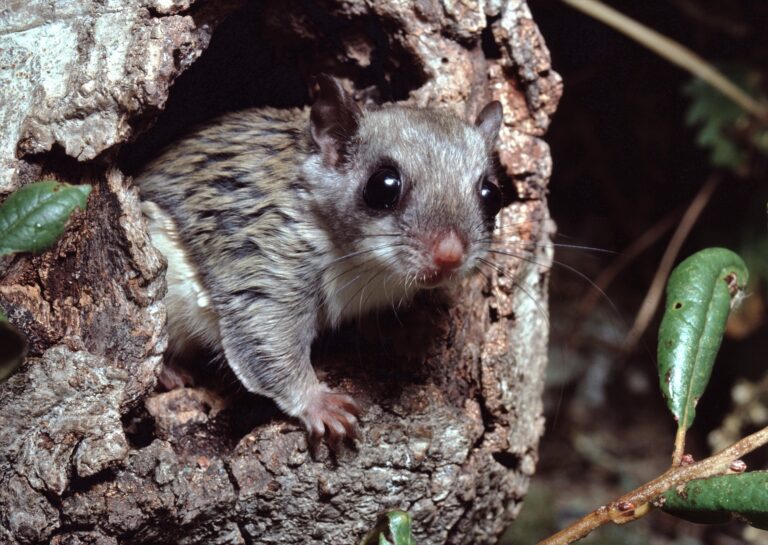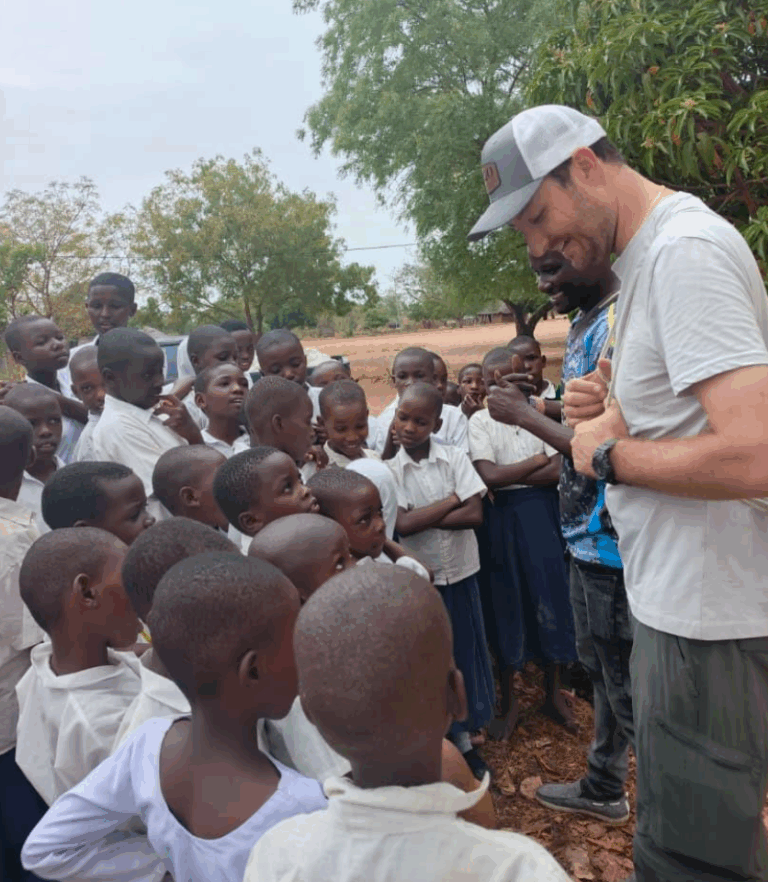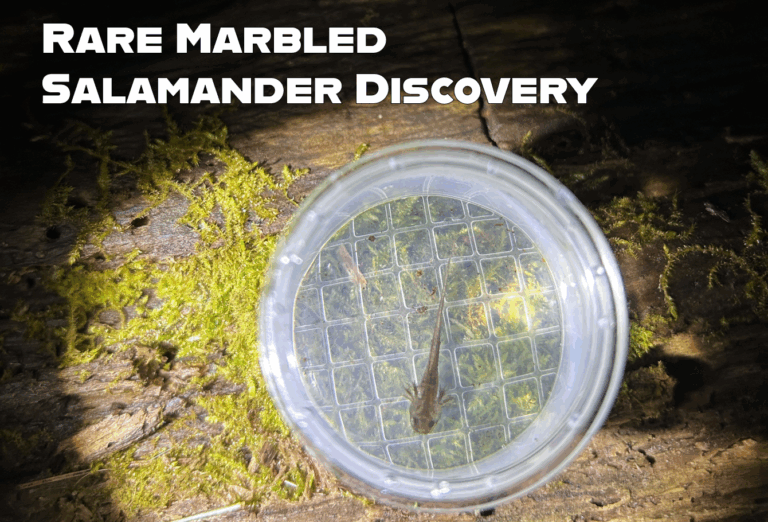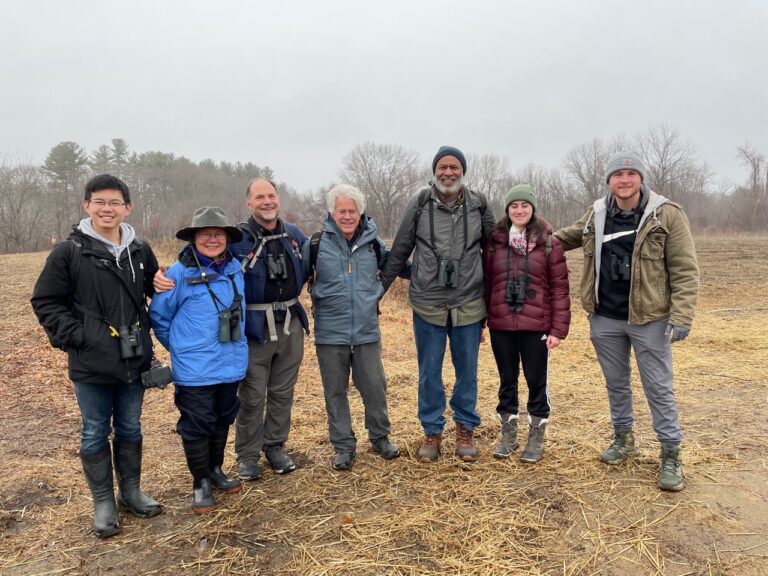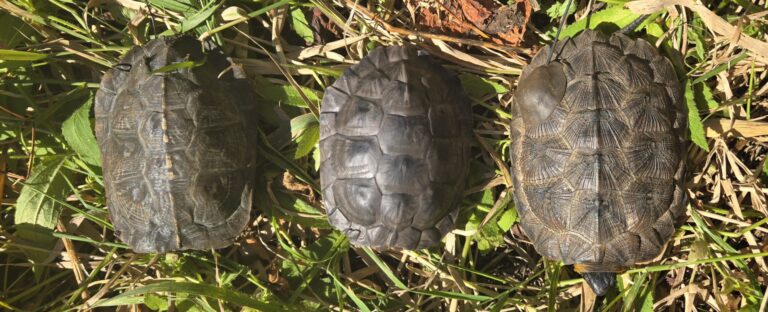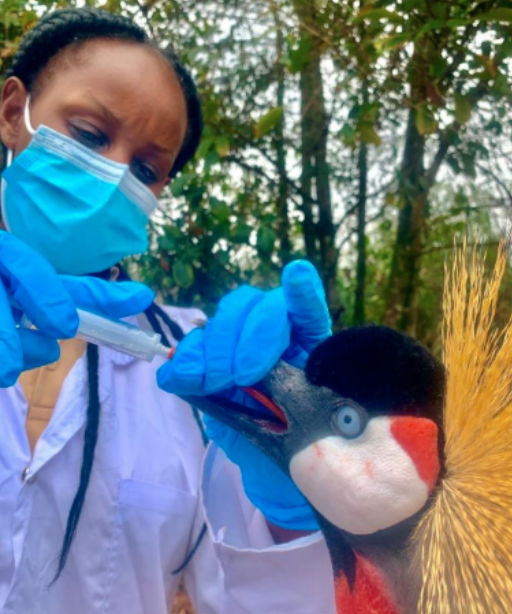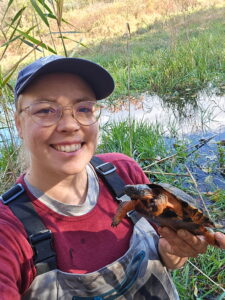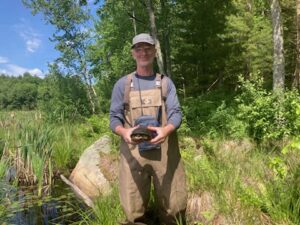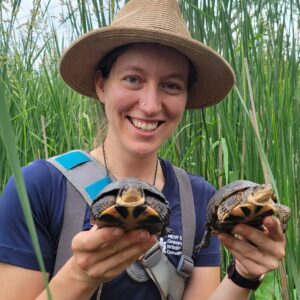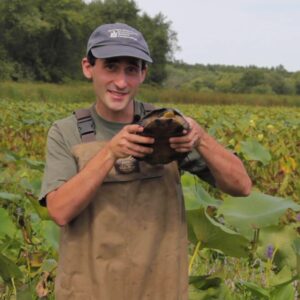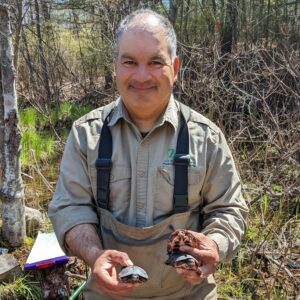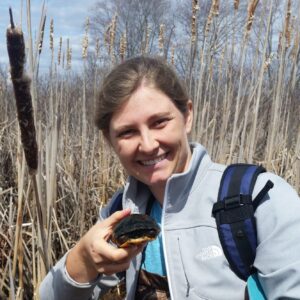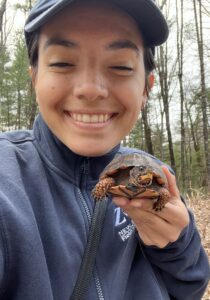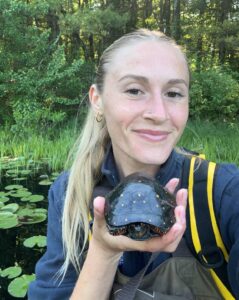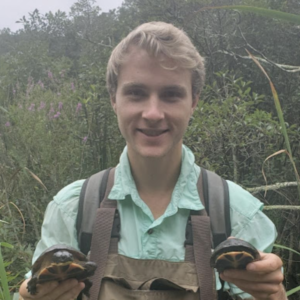Zoo New England
Conservation Blog
-
It’s a Bird, It’s a Plane, It’s a Flying Squirrel!
Not a lot of people are familiar with flying squirrels. That’s because around New England they are not only quite small, but also they are only out and about in the dark of the night. They’re also super-quick, so the odds are that you’ll only see … Continued
-
Lights for Lions: How Your Holiday Lights Spark Global Conservation
From Boston to the savannas of Africa, conservation takes many forms. Sometimes, it begins with something as ordinary as broken holiday lights. Zoo New England’s Lights for Lions holiday light recycling program is back! Through February 28, 2026, visitors to … Continued
-
2025 ZNE Field Conservation Highlights: A Year of Breakthroughs
This year has been nothing short of extraordinary for our conservation team, marked by groundbreaking research, historic milestones, and rare discoveries that underscore the importance of persistence and collaboration in protecting wildlife. A Historic First for Headstarted Turtles In June, … Continued
-
Let the Count Begin!
Every winter, thousands of volunteers across North America participate in one of the longest-running citizen science projects in the world. The first Christmas Bird Count was started in 1900 by Frank Chapman as an alternative to the common tradition of … Continued
-
Unmasking the Predators: New Steps in Wood Turtle Conservation
As many of you know, Zoo New England has been working hard to uncover the mystery behind wood turtle mortalities at several of our field sites. When we release our headstarted turtles back into the wild, we track a number … Continued
-
Hope for the Future: The Next Generation of Wildlife Conservationists
Although the life of a wildlife conservationist can be filled with existential angst due to the extinction crisis that so many species are facing, it is also filled with moments of great joy and great satisfaction. The joy can come from just being … Continued

